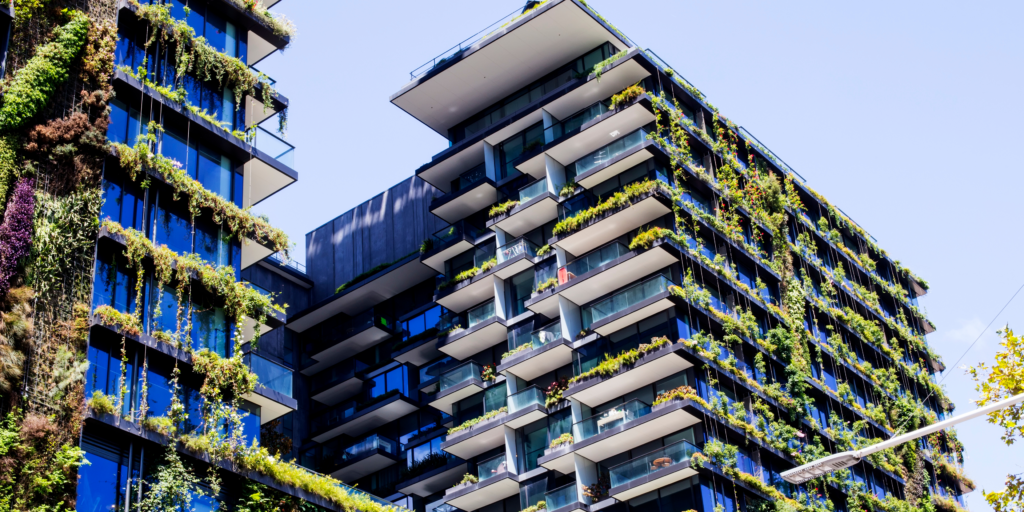Bees and pollinators are under threat. Their decline, caused by factors such as climate change, pollution and habitat loss, puts global food production and biodiversity at risk. But there is good news: each of us can make a difference, even with a small gesture.
A new scientific study conducted by the University of Tennessee in Knoxville has revealed a surprising secret: planting flowers, even in a small space, can do wonders for bees and other pollinators. The researchers analysed different types of gardens and found that those richer in flowers, with a variety of species, attracted more and a wider range of pollinating insects.
In fact, planting flowers is an activity that anyone can do, wherever they are. It is not necessary to have a large garden to enjoy the beauty and benefits of plants:
- Balconies and terraces: even small spaces can be transformed into flower-filled oases. Hanging pots, planters and boxes allow a wide variety of plants to be grown, from aromatic herbs to the most colourful flowers;
- Windows: windowsills and interior windowsills can accommodate small succulents, succulents or herbs ;
- Vertical gardens: if space is really limited, vertical gardens are a creative and functional solution ;
- Urban gardens: many cities promote the creation of urban gardens, where you can grow not only vegetables, but also flowers ;
- Condominium green areas: you can also involve your neighbours to create a more beautiful and cosy condominium green area.
Why do flowers make a difference?
Flowers are more than just ornaments: they are the key to a thriving ecosystem. Imagine them as buffet restaurants for bees and other pollinators, providing the nectar and pollen essential for their survival. A garden full of flowers thus becomes a safe haven, protecting these precious insects from outside dangers. But the impact goes further: an explosion of colours and scents attracts a wide range of creatures, increasing the biodiversity of the entire environment. In essence, planting flowers is not just an aesthetic gesture, but an act of love for nature, helping to maintain a delicate and vital balance for us all.
How to create a bee-friendly garden?
- Choose the right plants: opt for native, nectar-rich species such as lavender, sage, sunflowers, marigolds and many more ;
- Variety is life: don’t limit yourself to just one species of flower. A variety of plants will provide a richer and more attractive feast for pollinators ;
- Think seasonality: choose plants that flower at different times, so that you always have something in bloom in your garden;
- Leave a wild corner: a small space with wild herbs and wild flowers can become an oasis for insects ;
- Avoid pesticides: use biological control methods to protect your plants.
Planting flowers is a simple but powerful gesture that can help protect the environment and ensure a better future for us all. No matter if you have a balcony, a garden or just a pot, every space can become a refuge for bees and an example for others.
Together we can make a difference!
